Staff get little to no say in campus governance. That must change. — from chronicle.com by Lee Skallerup Bessette
As professors and administrators debate how to reimagine academe after Covid-19, that reform must include a greater voice for staff members.
Excerpts:
Why, then, in all of this recent (and needed) hand-wringing and speculating about the future of the university, post-pandemic, have we not heard many (if any) staff voices? Or for that matter, any calls for our voices to be included in any planning and restructuring?
…
Faculty members are the experts in their disciplines, but they do not have a monopoly of knowledge around pedagogy, programming, student success, inclusivity, equity, accessibility, among other things. We shouldn’t expect already overtaxed faculty members to be experts in everything and anything. In fact, the intense pressure that many of them are feeling lately is largely because of structures and traditions that discourage professors from collaborating with staff members who are experts in those areas.
…
With college campuses selling themselves as an entire “experience,” not just a set of courses, it’s high time for those of us responsible for that campus experience to be included in the larger conversation.









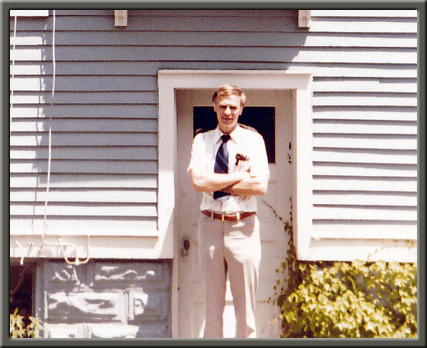
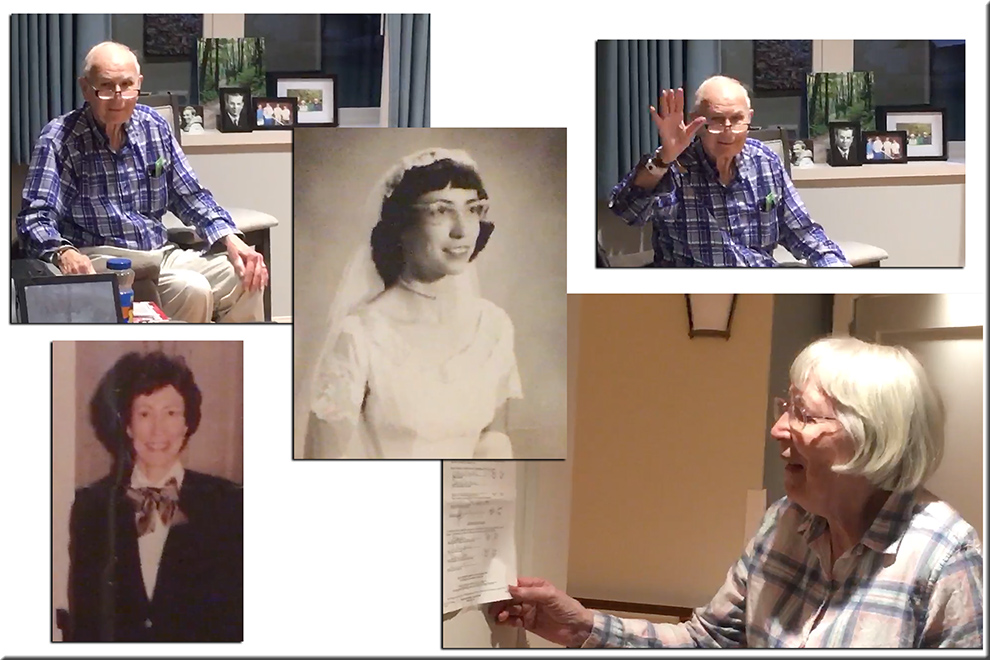
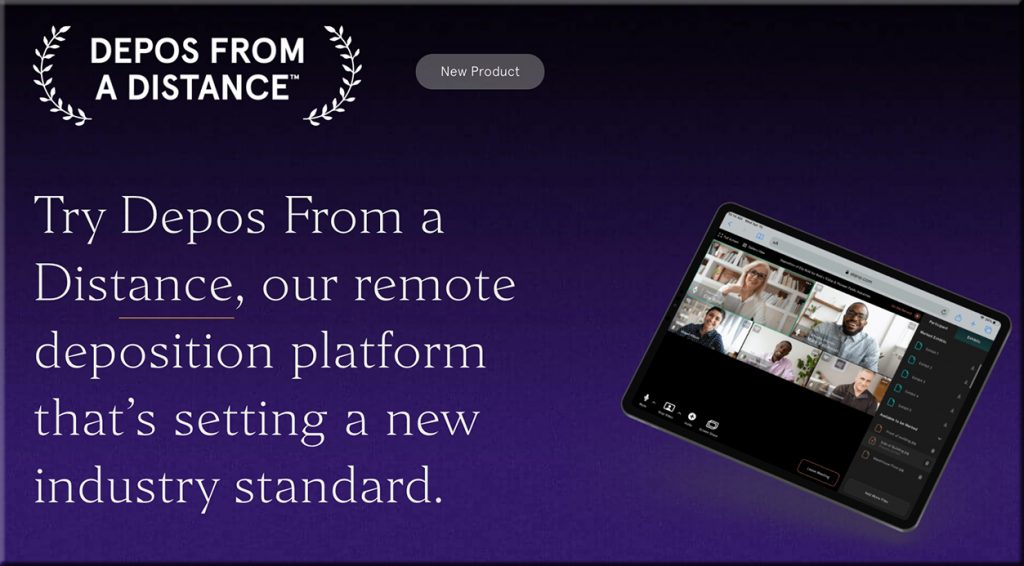
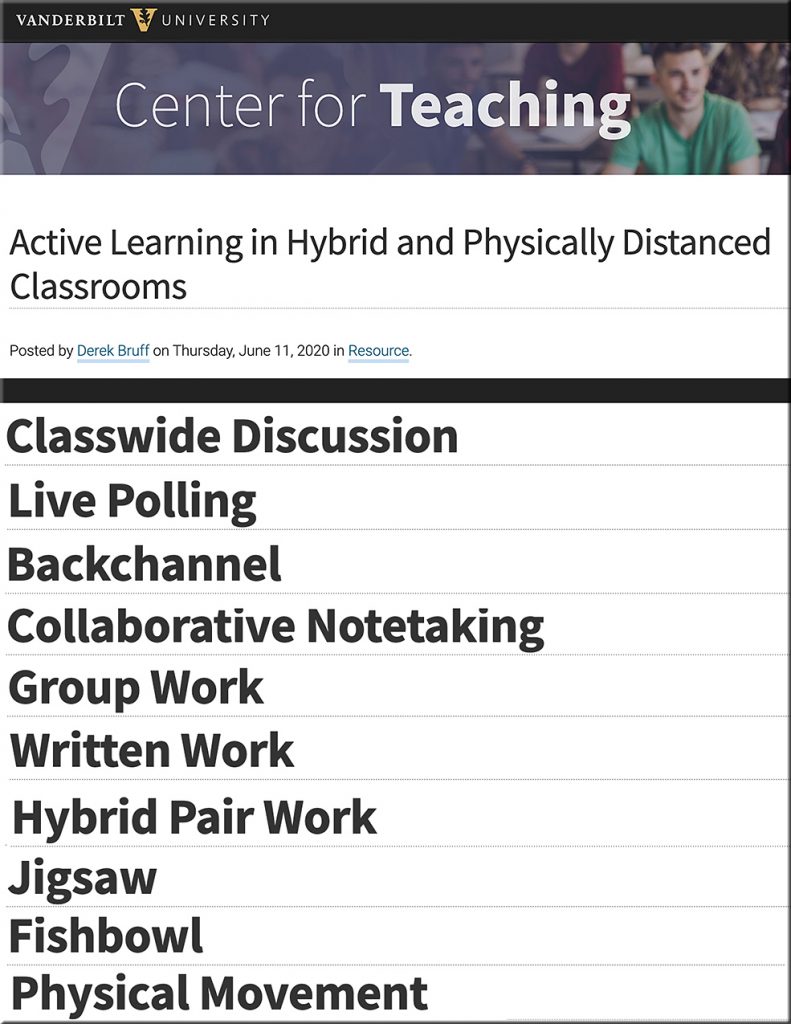

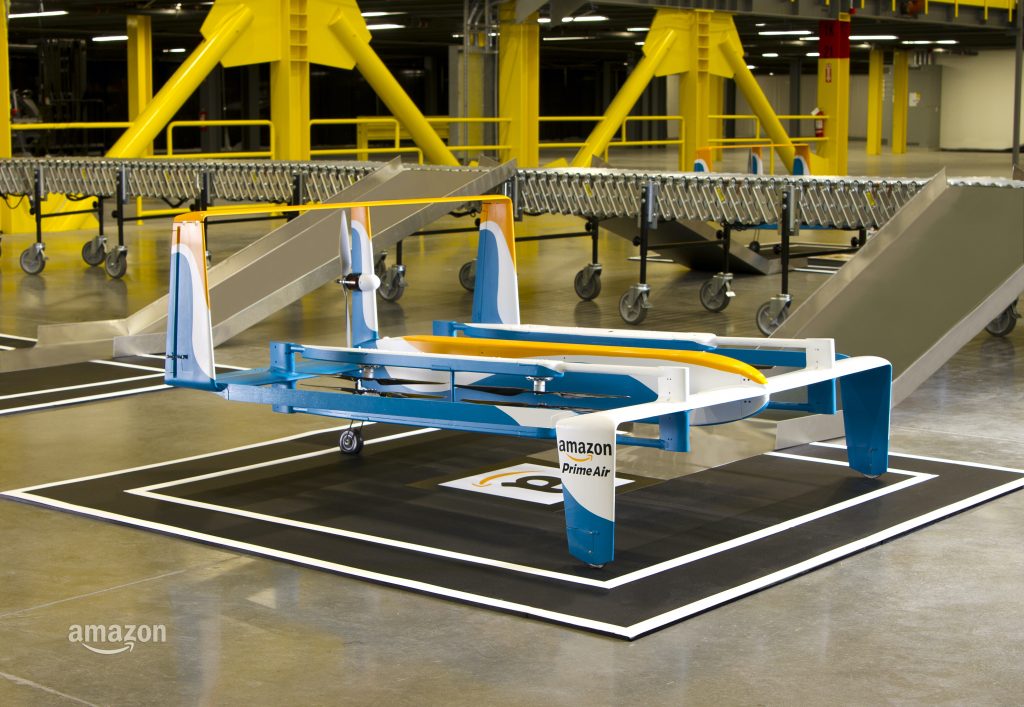

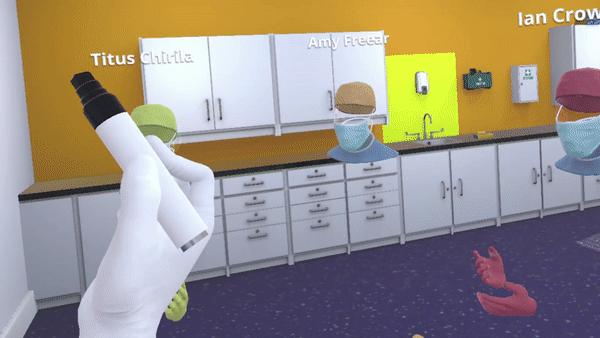
![Learning from the Living [Class] Room](http://danielschristian.com/learning-ecosystems/wp-content/uploads/2019/12/LearningFromTheLivingClassRoom2-DanielChristian-SM-1024x655.jpg)